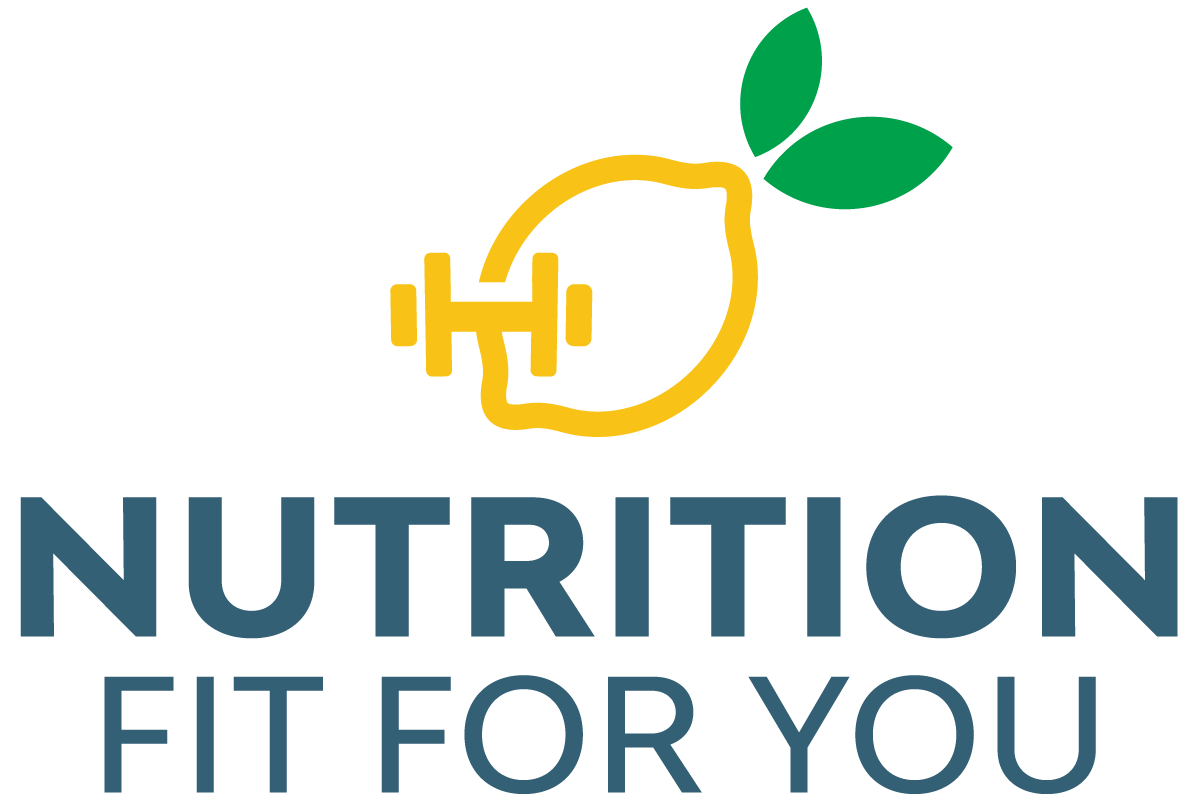Learn to Fuel Your Body for Training and Avoid Relative Energy Deficiency (RED-S)

Athletes need more energy intake than the average person. Why? Because you are moving and burning more than the average person. The culture of sports can be detrimental for what we think might make us a better “athlete”, but some individuals don’t talk about or know the importance of proper intake and how this can make you a stronger athlete.
When our intake is lower than our output, it causes our bodies to work harder than it needs to and can cause short-term or long-term complications. Our bodies are much smarter than we give them credit for. We expect them to work harder and harder even when providing our body the bare minimum fuel it requires. You can eventually hit zero and your body is forced to find other, non-desirable sources of energy. We don’t expect our car to run on empty so why should we expect our bodies to run on empty?!
Our hormones get altered when we are burning more than we are taking in. As an athlete, you may have been told many times that it’s normal not to have a period and it’s “nothing” you need to worry about, but I am here to tell you not having a period is NOT NORMAL. While not having a monthly cycle may be convenient, it’s your body’s way of saying “hellllp!” This is a serious complication of undereating that needs to be addressed. Girls have an easy way of identifying whether or not they are reaching their energy balance by getting their monthly cycles, but boys are affected just as much as women. Boys have to get blood taken just to find if they are low in testosterone compared to a warning every month for women, so a lot of times this can be overlooked for boys. This condition is common among athletes and is called Relative Energy Deficiency in Sports (RED-S). This happens when we don’t fuel our bodies with enough energy for our activity level so our bodies draw from our energy stores. These can include our muscles which store glycogen – which your body breaks down for quick energy. Your body can even break down muscles itself if there continue to be limited resources coming in via intake. In response to this, your body goes into conservation mode (think of a bear in hibernation, but not as intense) and slows down your metabolism, heart rate, and other functions we take for granted. This condition doesn’t discriminate between genders, it can happen to both males and females. But for females, get a monthly warning, no menstrual cycle, but males may not know unless their sex hormones are checked with a blood test.
While all our organs and body functions are affected by low energy intake, our brains are the most affected organ. Low energy intake can cause mood changes, slowed reaction time, increased depression symptoms, increased feelings of being overwhelmed, inability to handle stress, being less social, constant fear of weight gain as well as affecting the perceived difficulty of the activity performed leading to increased injuries. But if the low intake and high activity remain the common theme with your body you may have long-term complications outside of brain changes. These can include low bone density, decreased immunity, decreased protein production, and a compromised cardiac system.
So now that we know the risks of not eating enough for your energy output, how can this be avoided? We need to focus on getting enough calories to meet your energy output. This can be a complicated first step, so start with listening to your bodies hunger cues to signal you when you are hungry and follow that with eating, find a qualified dietitian to help you ensure you are meeting your needs, focus on making time for meals and snacks and giving yourself a variety of foods to eat to avoid food fatigue.
At Nutrition Fit For You, LLC, our dietitians are equipped to help teach you how to fuel your body correctly and avoid RED-S. Don’t wait, call today to learn how to optimize your energy balance!
*Source: Finding you Sweet Spot- Optimizing Energy Balance by Rebecca McConville, MS, RD, CSSD, CEDRD
At Nutrition Fit for You, we offer a non-diet, weight-inclusive approach that will lay the foundation for you to REBALANCE food, exercise and body image.
Follow us on:
Download the 7 Types of Hunger
Learn about each type of hunger—stomach hunger, heart hunger, and more—and learn to listen to your body with clarity.

